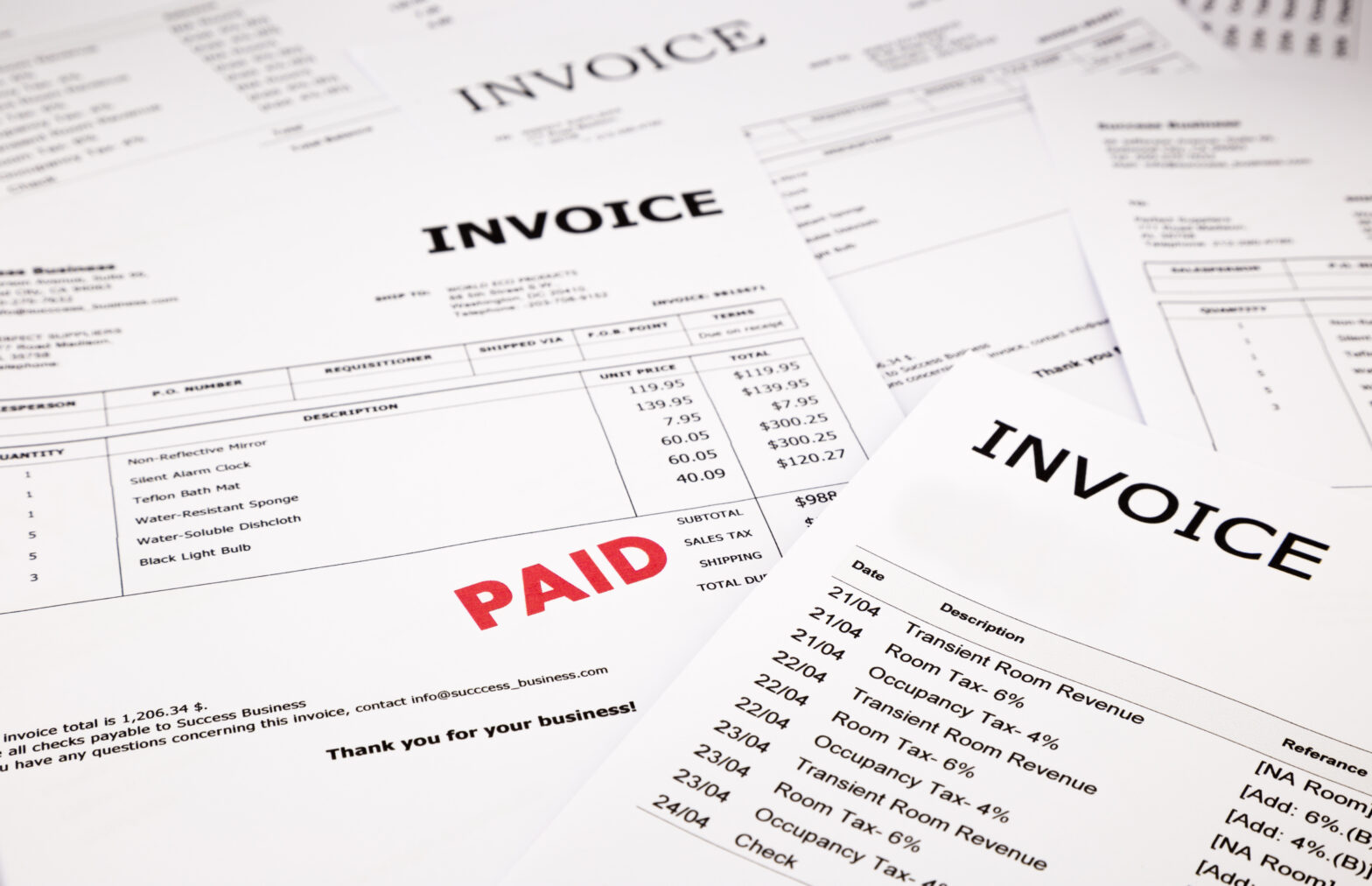Large companies will have to settle 95 per cent of invoices from small business suppliers within 30 days from July 1, halving the late-payment window.
The government has cracked down on large companies that take too long to pay invoices in order to ease cash flow problems for thousands of smaller businesses.
Despite almost 3,000 companies signing the Prompt Payment Code poor payment practices are still rife, with many payments delayed well beyond the current 60-day target required for 95 per cent of invoices.
>See also: Small businesses spend hour and a half each day chasing late payments
Currently, £23.4bn worth of late invoices are owed to firms across Britain, impacting on businesses’ cash flow and ultimate survival.
Company directors, chief executives and finance directors will be required to personally sign the code to ensure responsibility for payment practices is taken at the highest level of an organisation.
Bosses will also have to acknowledge suppliers can charge interest on late invoices, and the code – overseen by the Office of the Small Business Commissioner on behalf of the business department – has allowed breaches to be investigated based on third-party information.
Kwasi Kwarteng, the business secretary, told The Times that the “basic principle” of paying for goods or services on time “is not always respected by bigger firms. This is bad for business, bad for jobs and bad for the wellbeing of hardworking business owners and their families at a time when they need all the help they can get”.
>See also: Small firms win pay-outs in COVID business interruption insurance ruling
The government is also considering giving tougher powers to its Small Business Commissioner, who can mediate on payment disputes between companies. In the past, the voluntary payment code has been criticised for failing to sanction signatories that are guilty of poor treatment of suppliers.
Mr Kwarteng added that the Small Business Commissioner would be bolstered “with powers to issue legally binding payment orders, launch investigations and levy fines if needs be”.
Companies are publicly named and shamed if they breach the prompt-payment code, with retailer Holland & Barrett the first big company to be named for late payment of suppliers in 2019.
Businesses in the construction sector such as Balfour Beatty, Costain, Engie, Interserve and Laing O’Rourke were also flagged for failing to pay 95 per cent of invoices within 60 days that year.
More recently, a harder line has been taken with signatories. BAE Systems, Shell, BT, Prudential and a subsidiary of Associated British Foods, Primark’s owner, are among those to have been “named and shamed” for allegedly poor payment practices.
The tougher terms could result in some companies leaving the code, but supporters said it was better to have a functioning scheme with fewer signatories than a larger one that did little to promote good practices.
Mike Cherry, national chairman of the Federation of Small Businesses (FSB), said that “ending our pernicious poor payment culture for good over the coming months will be fundamental to turning our hopes of economic recovery into reality”.
The Institute of Directors has warned that the coronavirus pandemic has exacerbated the late payment problem for British businesses.
Small Business Minister Paul Scully said: “Today, we are relieving some of the pressure on small business owners by introducing significant reforms to the UK payments regime – pushing big businesses to pay their suppliers on time.
“By signing up to the prompt-payment code and sticking to its rules, large firms can help Britain to build back better, protecting the jobs, innovation and growth which small businesses drive right across the UK.”
According to the FSB, around 50,000 businesses close every year due to late payments, damaging Britain’s prosperity and threatening jobs.
The Prompt Payment Code, which is voluntary, still insists that large companies still also have only 60 days to pay larger business suppliers with more than 50 employees.
Further reading
Quarter of a million small businesses set to fold without more Covid help





